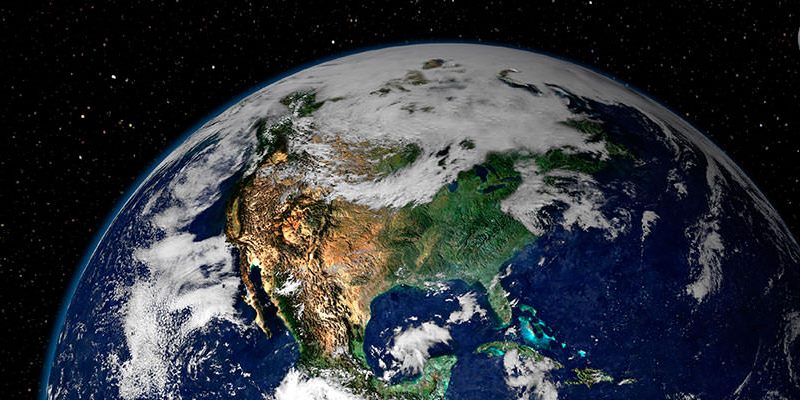On Earth Day, Canadians should celebrate our environmental record

Each year, Earth Day marks an international celebration of environmentalism. Canadians recognize this occasion because we care about the environment, especially the quality of the air we breathe, the water we drink and our vast natural habitat. Fortunately, and contrary to rhetoric from parts of the environmental movement, Canadians have much to celebrate this Earth Day, due to our environmental record.
Consider the results from three recent studies on Canada’s environmental performance. The first study analyzes Canada’s air quality, spotlighting emissions and the amount of pollutants in the air (ambient concentrations) including ground level ozone, fine particulate matter, sulphur dioxide, nitrogen dioxide and carbon monoxide.
Across almost all measures, Canada’s performance has improved over the last four decades or so. Specifically, ambient levels of ground-level ozone, a key component of urban smog, decreased 27 per cent from 1979 to 2015. And from 1974 to 2015, Canada’s ambient levels of sulphur dioxide, a pollutant largely associated with the combustion of oil and coal, plummeted by 92 per cent. Likewise, Canada experienced substantial reductions in nitrogen dioxide and carbon monoxide—two pollutants largely associated with automobiles—with national levels decreasing by 74 per cent and 90 per cent, respectively, from 1974 to 2015.
Interestingly, these reductions occurred despite considerable growth in population, energy use, motor fuel consumption and the Canadian economy, which means Canada has effectively managed to decouple air pollution from economic growth.
The second study looks at the state of Canada’s freshwater resources, evaluating the quantity and quality of Canada’s freshwater. According to federal government data from monitoring stations across the country, in 2015, the most recent year of available data, 90 per cent of Canadian rivers had normal or above-normal water quantity while only 10 per cent had lower-than-normal water quantity.
Not only does Canada have abundant freshwater resources, our record on water quality is also quite good. Most measures indicate stable or modest improvements in water quality over the past few years, with reductions in the amount of pollution that enters our waterways. Despite some localized issues primarily in the Great Lakes and St. Lawrence River regions, the study found improvements in several areas including municipal wastewater treatment, regulatory compliance of mining operations, and releases of metals into waters from pulp and paper plants and sewage treatment plants.
Clearly, Canadians can celebrate significant improvement in our air and water quality.
Now consider how Canada fares internationally. A recent study compared and ranked 33 high-income countries in the Organization for Economic Co-operation and Development (OECD) based on 17 measures (including air and water quality, greenhouse gases and biodiversity), to produce an aggregate score (0 to 100) for each country. Canada ranked 10th with a score of 68.5—well above the OECD average (62.9) and only five points behind third place New Zealand. Sweden ranked first with a score of 78.9.
These results show that Canadians enjoy high levels of environmental quality compared to residents of other high-income countries. And in areas where Canada’s ranking is low (greenhouse gases, for example), it’s sometimes unavoidable due to our geography or climate (which includes cold winters).
Overall, the evidence is clear—Canadians enjoy good air and water quality and our comparative standing internationally is impressive. These are achievements we should celebrate this Earth Day.
Authors:
Subscribe to the Fraser Institute
Get the latest news from the Fraser Institute on the latest research studies, news and events.


